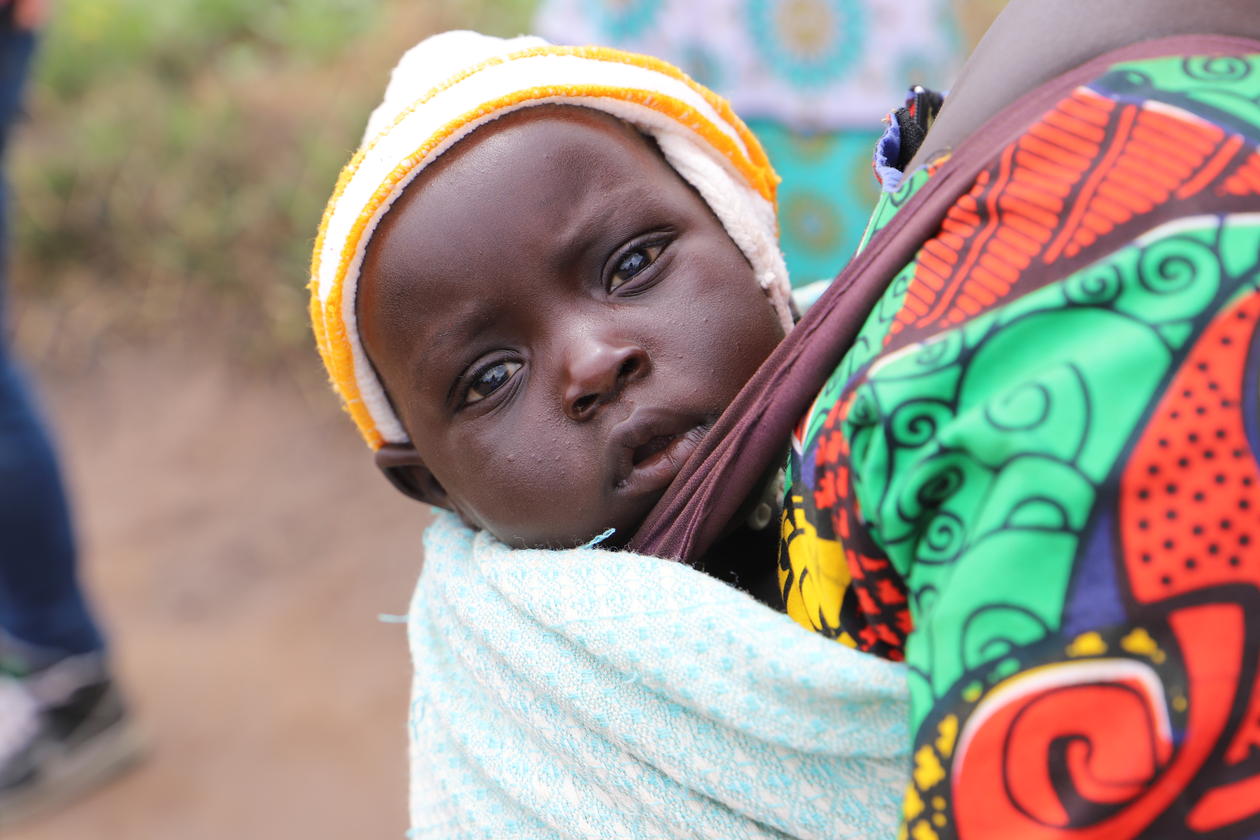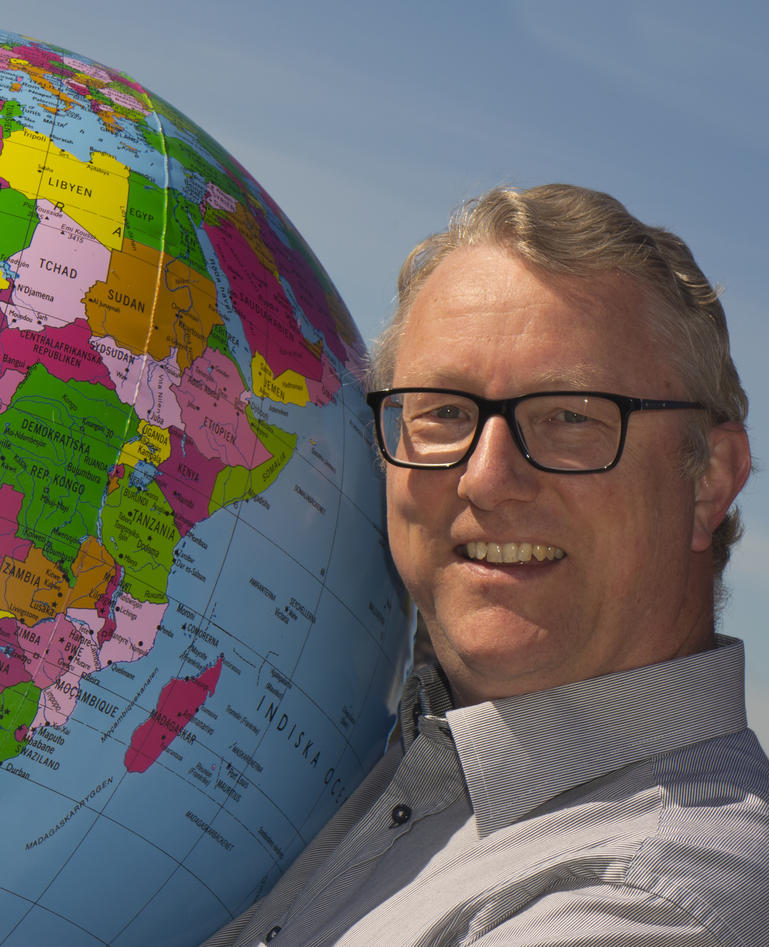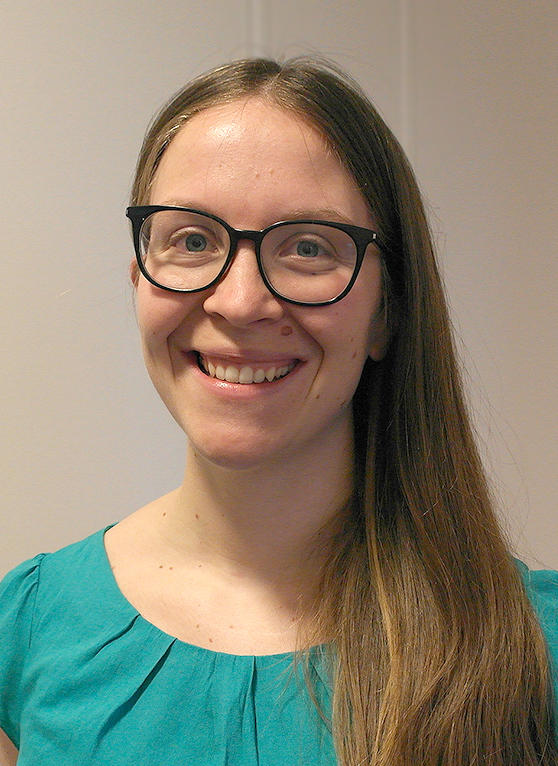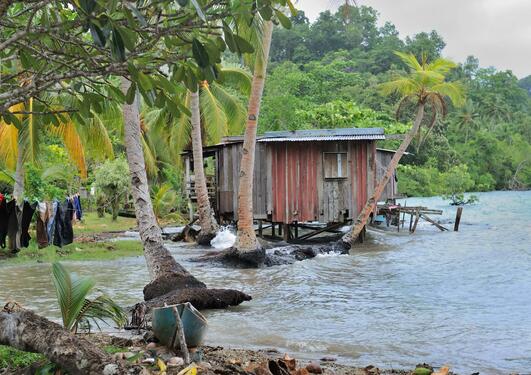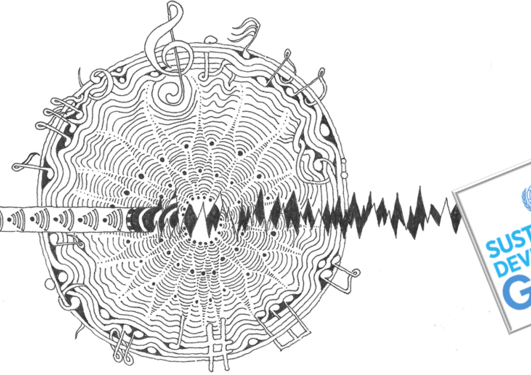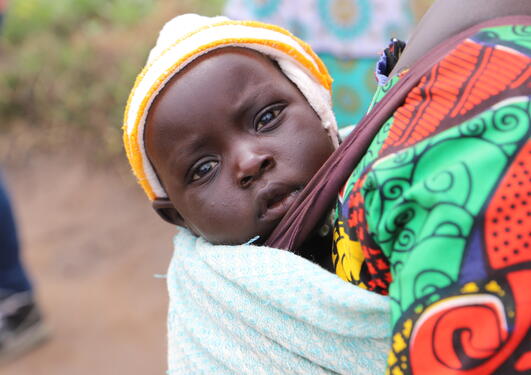The unfinished agenda of maternal and child health
This course focuses on getting research findings into policy and practice. We will provide participants with research methods and practical examples of how to promote the systematic uptake of clinical research findings and evidence-based practices into routine practice.
Hovedinnhold
Course leaders
Thorkild Tylleskär Professor and Paediatrician, MD, PhD, MA, Centre for International Health, Department of Global Public Health and Primary Care, UiB
Andrea Melberg Medical doctor and PhD Fellow at the Centre for International Health, University of Bergen.
Course lecturers
Course lecturers from the CIH-CISMAC Research School
Professor Astrid Blystad (UiB)
Associate Professor Josaphat Byamugisha (Makerere)
Professor Ingunn MS Engebretsen (CIH)
PhD Candidate Marte ES Haaland (CIH)
Professor Sven Gudmund Hinderaker (UiB)
Debra Jackson (UNICEF)
Professor Bernt Lindtjørn (UiB)
Researcher José Carlos Martines (UiB)
Sarmila Mazumder (Society for Applied Studies, India)
Professor Karen Marie Moland (HVL/UiB)
Researcher Victoria Nankabirwa (UiB)
Professor Halvor Sommerfelt (UiB)
One of the successes in global health the past decades has been the reduction in maternal and child mortality. Yet, still 300,000 women and almost 6 million children die annually, the overwhelming majority living in low-income settings. This has been characterised as 'the unfinished agenda of maternal and child health'.
Although there is a consolidated evidence base of what works in improving maternal and newborn health, the "know-do" gap has not been bridged and research findings and knowledge based guidelines are insufficiently implemented or integrated in routine training and service provision.
This course focuses on getting research findings into policy and practice, and will provide the participants with research methods, and practical examples of how to promote the systematic uptake of clinical research findings and other evidence-based practices into routine practice, and hence improve maternal and child health.
Learning outcomes:
- To acquire an overview of conceptual frameworks, theories and terminology in implementation research within maternal, neonatal and child health in low- and middle-income countries (global MNCH).
- To be able to assess advantages and disadvantages of different global MNCH implementation research methods
- To critically assess reports on studies in global MNCH implementation research
- To become more proficient in presenting implementation aspects of own on-going or planned MNCH research
Proposed sessions:
- Conceptual frameworks, theories and terminology in global MNCH implementation research (TBD)
- Getting MNCH research into policy and practice (GRIPP) (TBD, Melberg)
- Global MNCH Implementation research (Lindtjørn)
- Prioritising areas of global MNCH implementation research (Martines, Tylleskär)
- Randomized controlled trials to estimate effects of MNCH interventions (Sommerfelt, Tylleskär, Sandøy)
- Qualitative methods in global MNCH implementation research (Blystad, Moland, Haaland)
- Case studies in global MNCH implementation research (group work + presentations)
- Participant’s presentations of their on-going or planned MNCH projects with discussions (all)
Thorkild Tylleskär is a paediatrician and professor in International Health since 2001. He has his medical degree, his PhD training and his specialist training in paediatrics from Uppsala University and Hospital. In addition, he has a French Master in African Linguistics from Sorbonne University after field work in present-day Democratic Republic of Congo. His focus has been shared between 1) child health and nutrition, especially on the nutritional problems accentuated by HIV and how to solve the breastfeeding and postnatal HIV transmission, 2) birth care and 3) improved data collection and management for health in low resource settings.
Andrea Melberg is a Norwegian Medical doctor and PhD Fellow at the Centre for International Health, University of Bergen. Her research interests center around the field of global maternal health, and include the quality of childbirth care, maternal death surveillance and response systems and interventions to prevent teenage pregnancy. Her main fieldwork experience is from Burkina Faso and Ethiopia.
